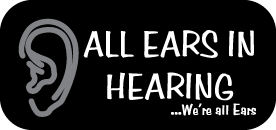Hearing Aids
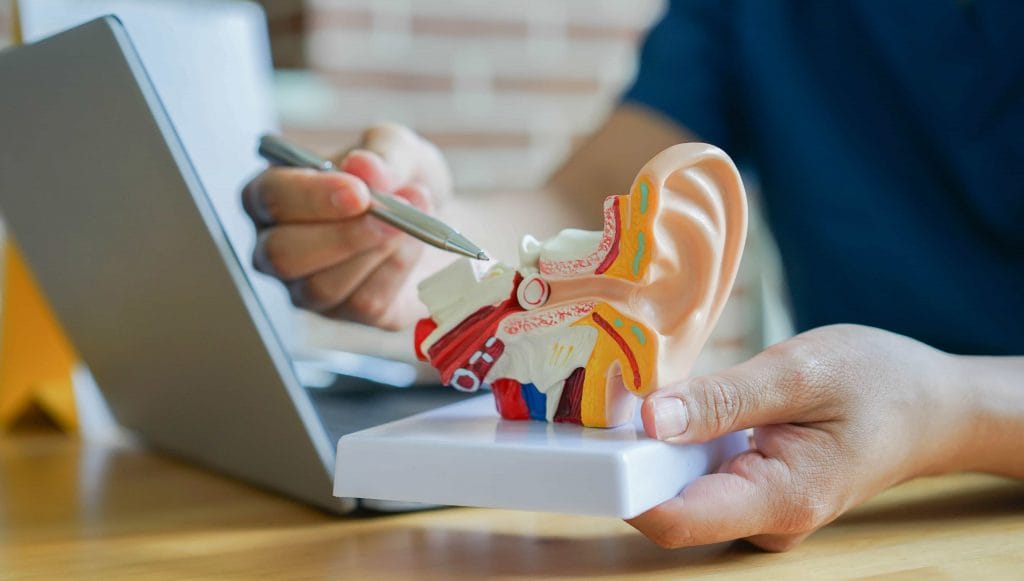
Do we need Hearing Aids?
Read more about
NALguide: Hearing Aid Features Explained
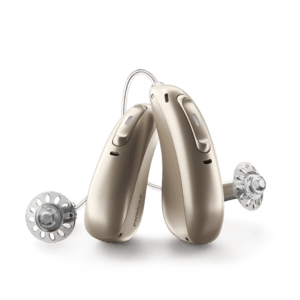
What are Hearing Aids?
As hearing loss affects each person’s hearing differently, hearing aids are programmed to suit your individual hearing loss.
They enhance your ability to understand speech by providing the right amount of amplification in the frequencies where you are missing important speech sounds. Hearing devices can significantly lessen the everyday issues that inevitably come with hearing loss.
Basically, typical hearing aids consists of a microphone to pick up sound, an amplifier to amplify and process sound and a receiver or speaker to transfer the sound to the ear.
Your audiologist at All Ears in Hearing will recommend and fit a hearing aid that suits your particular listening requirement. In addition, they can design custom ear plugs – to lessen the impact of loud noise and prevent damage to your hearing.
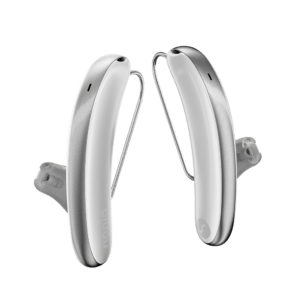
What's a Microphone?
What's a Receiver?
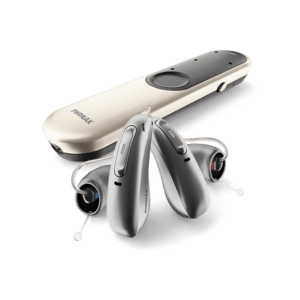
What's an Amplifier?
What You Can Expect from All Ears In Hearing Regarding Pensioners Hearing Aids?
- Availability six days a week: Our clinic is open Monday through Friday between 9 AM and 5 PM. For your convenience, we are also available on Saturdays by appointment. When booking your appointment, our customer service team is happy to provide you with an overview of what you can expect during your consultation.
- Helpful tips: If you have never worn hearing aids before, it is easy to feel overwhelmed by the prospect of wearing this device every day. Our team can provide you with helpful insight to make the transition easier.
- Affordable hearing aids: We don’t believe that you should break the bank when purchasing hearing aids. We carry a selection of high-quality, yet affordable hearing aids for all ages.
The Best Advice You Can Hear Regarding FM Assistive Listening Devices
Before you commit to buying one, there are a few things to consider
- Prevention is better than cure. We have five senses, and it can be unnerving if you lose the ability to use one of these. Consider getting your hearing tested; you can ask your family doctor to include it in your annual physical assessment.
- How did we get here? Maybe you do listen to loud music or hearing loss runs in your family. Be mindful that how you lost or are losing your hearing affects the type of FM Hearing System you choose to use.
- Is it reversible? An ear infection, water in your ear or a build-up of ear wax; any one of these could be the reason for hearing loss and depending on the reason; yours could return.

A Short Buyers Guide for Getting the Right Hearing Aid
Now you find yourself seriously considering getting one. While losing your hearing is a serious matter, please don’t panic. It isn’t the end of the world — All Ears in Hearing stocks up on the right hearing aids for you.
- What’s in it for you? Many hearing clinics are sponsored by medical suppliers or manufacturers and are obligated to sell their products, not considering your individual hearing needs. All Ears in Hearing is a family-owned and run small business, meaning we recommend Listening Devices that will indeed assist you.
- Too much or too little? When you wear your aid for the first time, you may hear sounds you haven’t heard in a while, and they may sound different from what you remember. Don’t worry, give it time, you’ll get used to the new sounds with time. Keep in mind that you can adjust the volume on your Hearing Aid.
- Was that sun or son? Whether you’re getting the hearing aid for yourself or a loved one, hearing aids don’t restore your original hearing, and in some circumstances, there might be a gap in hearing. We will help you develop communication strategies, so everything is always clear for the wearer and family.
It’s always good to know what your hearing aid does for you before committing to one. With that said, your aid may from time to time require some fine-tuning. All Ears in Hearing will help you with maintenance, replacing parts and general aftercare service. Please contact us for more information or any with any questions.
What You Can Expect From All Ears in Hearing
- Do tests. Whether it’s hearing tests for children, bone conduction or testing if you can clearly hear speech, there are several tests we implement to find whatever your hearing problem may be.
- Wholistic assessment. Next, we look at your lifestyle. From the conventional hearing aid to a receiver in canal, for the security industry or simple noise earplugs, for musicians, All Ears in Hearing has it all for you.
- You get the perfect hearing aid. All Ears in Hearing will always assign the right type of aid from our broad range. We aren’t paid a commission for the aids we offer you, so you know that we always have your best interests in mind when we prescribe one.
